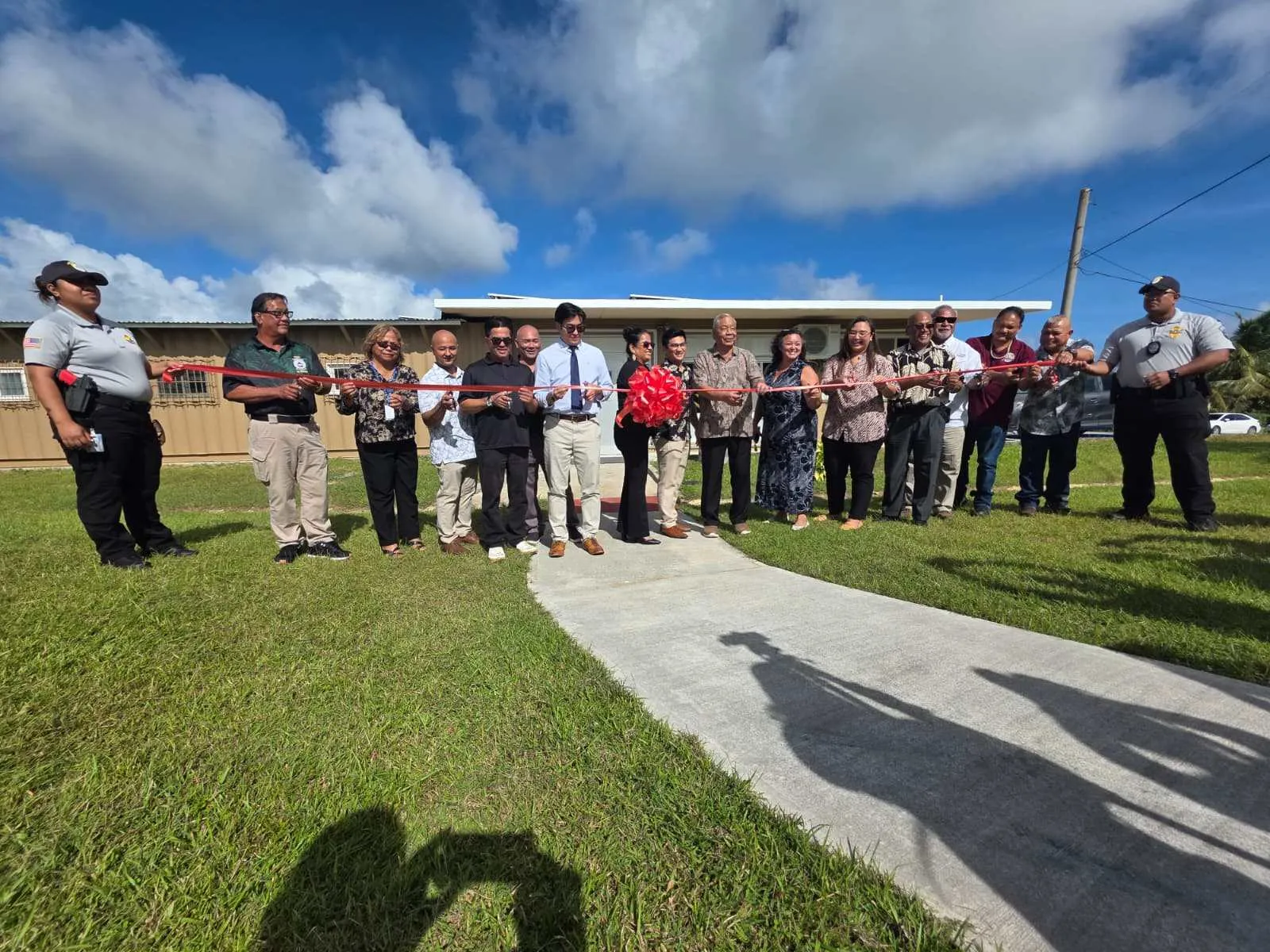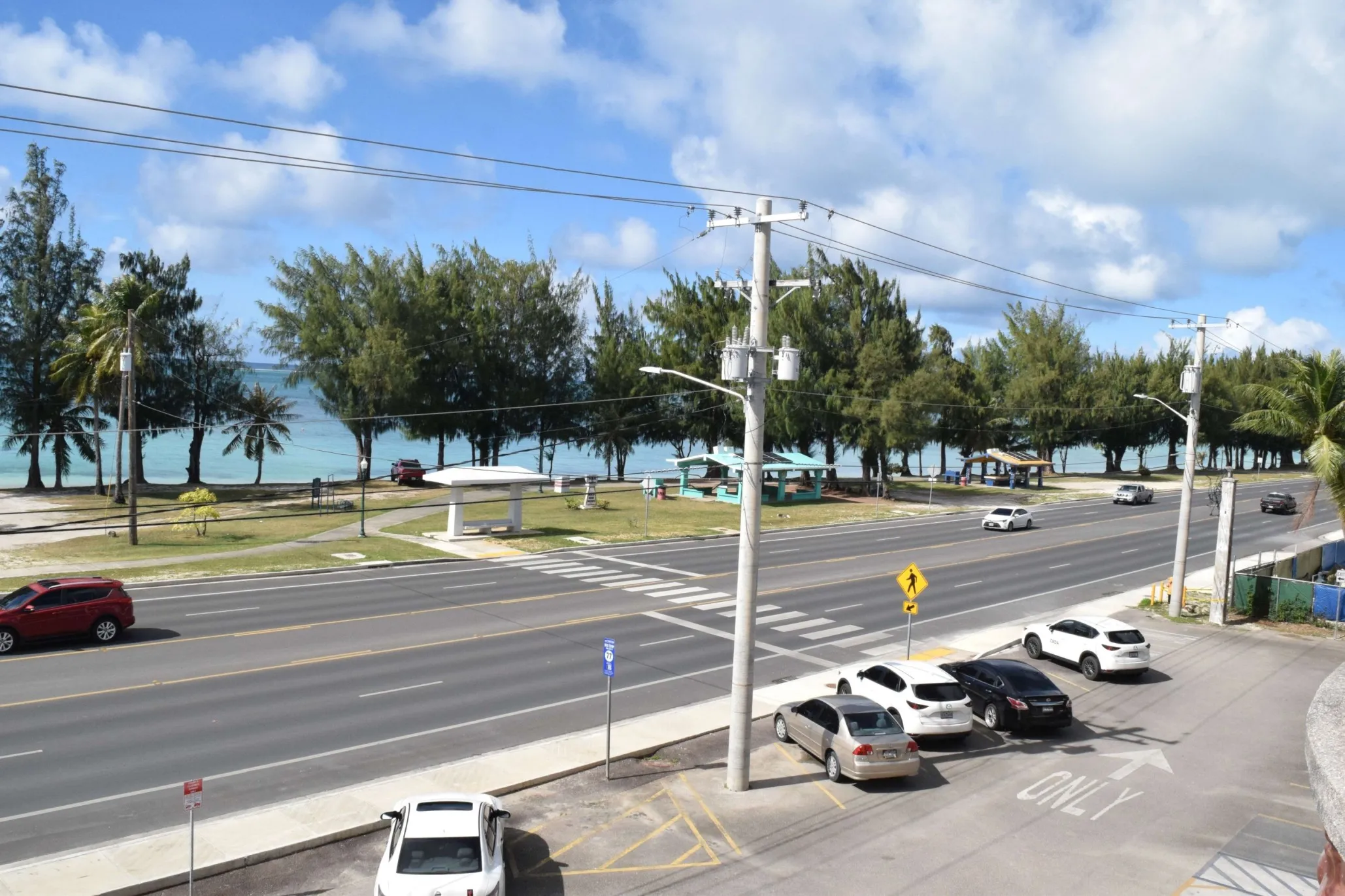TRUSTEE Joyce CH Tang said the continued success of the Settlement Fund is dependent on the CNMI government’s ability to make the Minimum Annual Payment or MAP in a timely and consistent manner.
“Today, the Government has not recovered fully from the pandemic, and with limited revenues available and no federal government pandemic assistance, it struggles to pay the MAP, the health and life insurance payments, the 25% voluntary benefit payments, all of which are in addition to the cost of normal government operations,” Tang said in a report to the District Court for the NMI.
“We have almost come full circle in the 10 years the Settlement Fund has been in existence,” she added. “Today, the Settlement Fund has approximately $118 million in investments and cash, 98% of which is invested, albeit in a much stronger position”
Tang said the CNMI government timely paid the MAP and as well as the 25% voluntary benefit payments to the retirees who are settlement class members.
In fiscal year 2023, the MAP was $36 million, and is projected to amount to $34 million in FY 2024.
Tang noted that the CNMI government’s FY 2024 budget, or Public Law 23-09, does not fully cover certain programs, including the Group Health and Life Insurance Program and the 25% voluntary payments to retirees.
“The outlook for tourism in Saipan is bleak,” she added.
“Although arrivals in September 2023 increased by 136% (19,483 visitors) when compared with September 2022 (8,256 visitors), this increase represents about one-half of the pre-pandemic levels. Unless airlines make more seats available at an affordable price, tourism, and in turn the CNMI’s economy, will continue to suffer,” she added.
“In 2022, Federal Reserve monetary injections combined with unprecedented government stimulus funding through the CARES Act and ARPA kept many businesses afloat.
“Today, pandemic recovery is slow. Tourism recovery is at 50% of the pre-pandemic levels, and local businesses are struggling to keep their doors open. Money is extremely tight, and the Government has instituted austerity measures to control costs. The tax revenues are not at the level needed to fund all Government operations and meet its obligations,” Tang said.
“Today, we are experiencing spiking inflation and multiple global conflicts, in both Ukraine and more recently, Israel and Palestine. These global events make for a challenging and volatile financial environment and will impact the Settlement Fund’s ability to obtain higher returns from its investments,” she added.
According to her report, in FY 2022, the Settlement Fund experienced a drawdown of $18 million due to stocks and bonds suffering double-digit negative returns.
In FY 2023, due to an investment diversification strategy that added real assets to the Settlement Fund’s investment portfolio, the Settlement Fund was able to recover with a net positive gain of $20.2 million compared to pre-pandemic levels, the trustee said.
“This was achieved against the backdrop of inflation, a highly volatile market, and geopolitical tensions,” she added.
Designated Judge Frances M. Tydingco-Gatewood has scheduled a status hearing for today, Oct. 20 at 1:30 p.m.
Background
In 2009, retiree Betty Johnson sued the CNMI government for its failure to pay the amounts that it was required by law to pay to the Retirement Fund since 2005.
Johnson said the Fund would run out of money by June 2014 and would no longer be able to pay retirement benefits.
In September 2013, the parties agreed to settle the lawsuit and the federal court approved a $779 million consent judgment in case the CNMI government did not meet its obligations to the Settlement Fund.
The Settlement Fund was created by the federal court as part of the settlement between the CNMI government and retirees.
The federal court appointed Tang as Settlement Fund trustee on Sept. 25, 2013.












